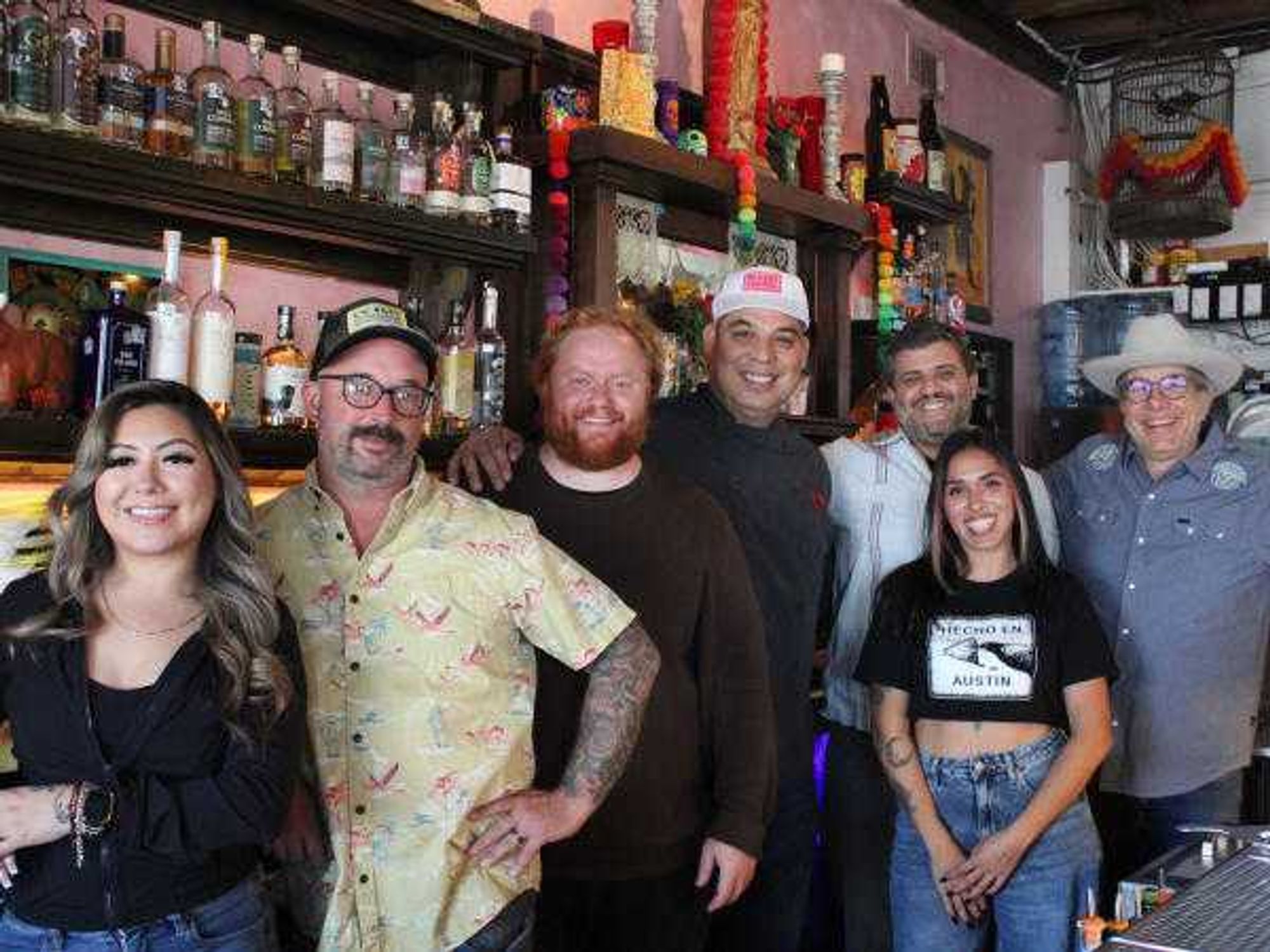Austin Elections
You voted! Austin Mayor and Council re-elected in a landslide. But turnout?

 Austin Mayor Lee Leffingwell
Austin Mayor Lee Leffingwell
Congratulations Austin! You turned out to vote in... well... droves would be the wrong word, but in better numbers than the poor early voting turnout suggested. Over 48,000 of you helped us avoid the embarrassing record low turnout that had been predicted by the sages who predict such things.
Those of us who voted decided for the rest of you that the incumbents were doing a pretty good job, so we kept them in place for another three years. If you didn't vote, you don't get to complain, just go with it.
Let's give some credit where it's due. Many of you decided it was worth the extra 5 or 10 minutes in your day to exercise your civic duty.
Mayor Lee Leffingwell held on to his post receiving 52.1 percent of the vote while his main challenger, former city council member Brigid Shea received 37.1 percent.
Mike Martinez, Bill Spelman and Sheryl Cole all easily won. Martinez got 55.5 percent of the vote in Place 2 defeating Laura Pressley; Spelman got 57.7 percent in Place 5. That's quite a feat for Spelman considering he had six competitors in the race. Sheryl Cole got 70.9 percent in Place 6 easily beating Shaun Ireland.
Unofficially, turnout likely hovered somewhere around 12 percent (if my failing math skills serve me well). That's still worse than 2009's 13.1 percent but better than either 2006 or 2008. You can see the history of Austin voter turnout here.
Are we on an upswing? Hardly. 12 percent is nothing to be proud of when you are talking about electing the people who decide your future in this city. In fact, The 48,000 + votes cast this election are only just over the number of votes cast for Mayor Roy Butler in 1973. Butler received 43,700 votes himself in winning the Mayor's post, and there were only 290,000 living in Austin at the time. There are over 750,000 now. Yup, out of 750,000 people, and about 450,000 registered voters, only 48,000 could be bothered to vote.
Mayor Leffingwell is on record regarding the voter turnout problem and has recommended moving City elections to November. The idea is to hold them at the same time as state and federal elections. Good idea? Maybe. Certainly it's more convenient to vote for everything at once, avoiding voter fatigue. At the same time, May elections serve to focus our attention on city matters. Regardless of whether they result in people at the polls, it's hard to argue the entire populace isn't a bit more informed after media coverage of the debates and forums held across the city, and without the extraordinary noise coming from a state or federal election final push.
But let's give some credit where it's due. Many of you decided it was worth the extra 5 or 10 minutes in your day to exercise your civic duty. The rest of you? Well, you can atone for your sins on November 6. And if history is a teacher, you will. Presdiential elections always bring out the most voters.
For those of you who want to practice, early voting for the party primaries begins Monday, with the primaries held on May 29. The primaries don't really count since they are held by the parties themselves, but they give you an opportunity to play with those cool computer voting machines, and that's always fun.

 Beet and citru salad at Moderna. Photo by Brianna Caleri
Beet and citru salad at Moderna. Photo by Brianna Caleri